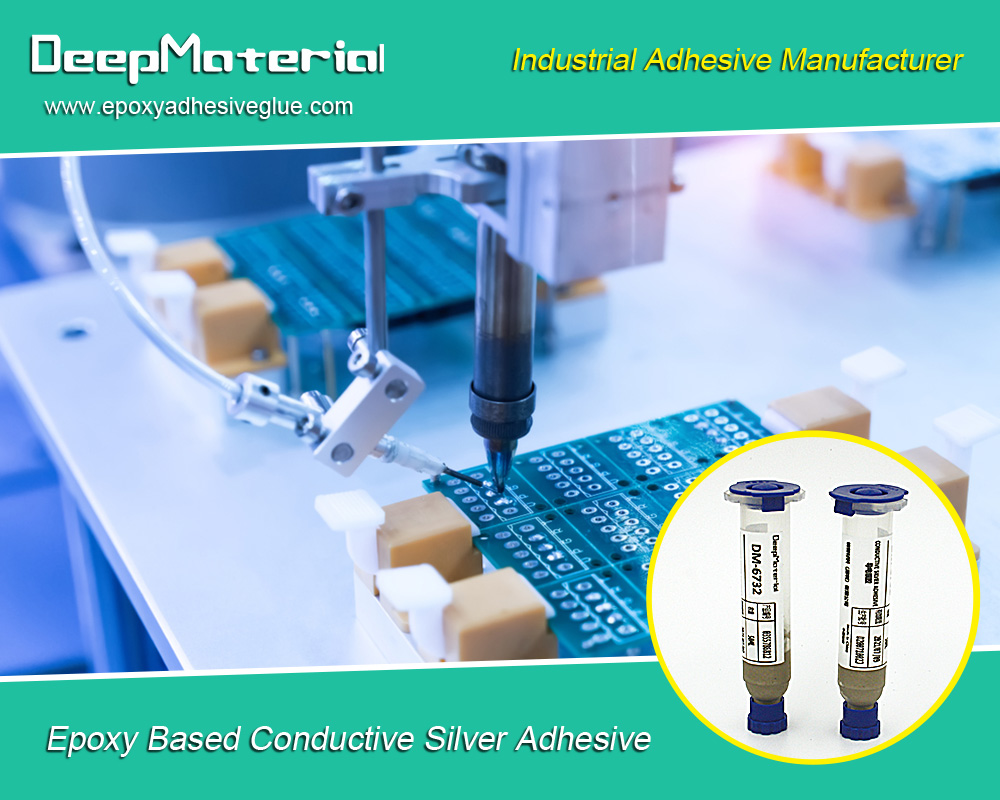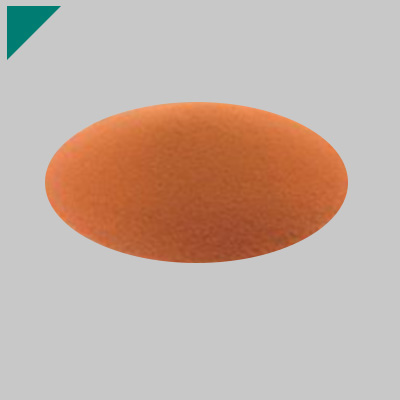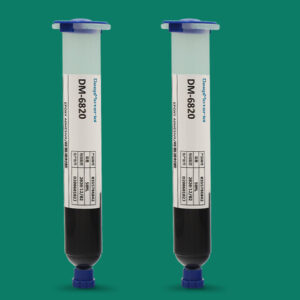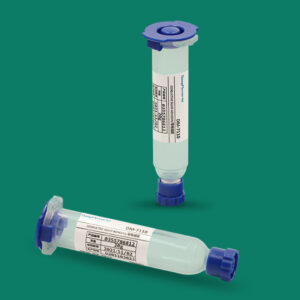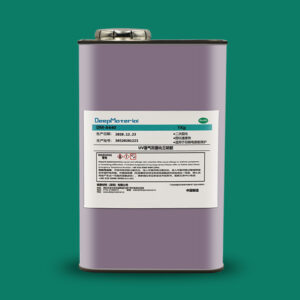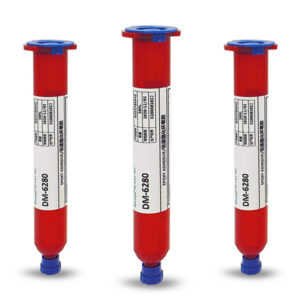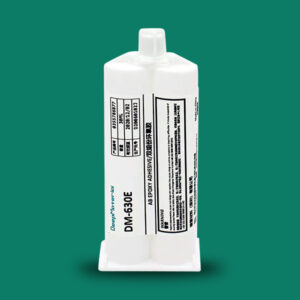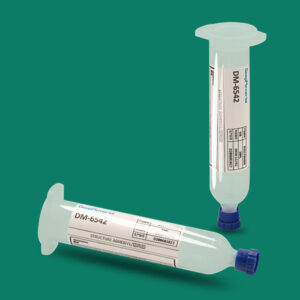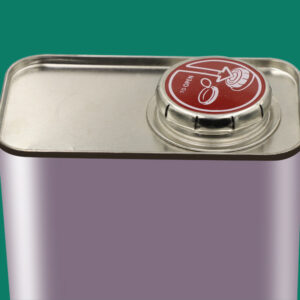The Ultimate Guide to Epoxy Adhesive Manufacturers: A Comprehensive Overview
The Ultimate Guide to Epoxy Adhesive Manufacturers: A Comprehensive Overview
Epoxy adhesives have emerged as one of the world’s most versatile and high-performance bonding solutions. From industrial applications to home repairs, their ability to bond a wide range of materials makes them a preferred choice for numerous industries. The epoxy adhesive manufacturers at the heart of this innovation continuously refine and produce these adhesives for different uses. In this article, we will delve into the role of epoxy adhesive manufacturers, the processes behind epoxy production, the variety of adhesives available, and the key considerations when selecting the right epoxy product for your needs.
Critical Properties of Epoxy Adhesives:
- Strong bonding capabilities: Can bond metals, plastics, wood, and ceramics.
- Chemical resistance: Offers resistance to corrosive substances, oils, and fuels.
- High heat tolerance: Can withstand extreme temperatures, both hot and cold.
- Long-lasting durability: Creates bonds that remain strong over time, even under stress.
The Role of Epoxy Adhesive Manufacturers in the Industry
Epoxy adhesive manufacturers produce various formulations of adhesives to meet the needs of different industries. Their role extends beyond simple production; they are often involved in research, development, and testing to ensure their products perform under specific conditions. These manufacturers cater to several sectors, including aerospace, automotive, construction, electronics, and even DIY.
Manufacturing Process:
- Formulation Development: Epoxy manufacturers begin by selecting the appropriate resin and hardener combinations. The chosen formula will depend on the adhesive’s intended application, considering cure time, temperature resistance, and flexibility.
- Raw Material Sourcing: The quality of the raw materials directly impacts the final adhesive’s performance. Manufacturers often source high-grade resins and hardeners, ensuring product consistency and reliability.
- Mixing and Testing: After the formulation is finalized, the epoxy components are mixed in specific ratios. Manufacturers then test the product for tensile strength, shear resistance, and flexibility to confirm it meets industry standards.
- Quality Control and Packaging: Before adhesives are released to the market, manufacturers perform quality control checks. It ensures that every batch adheres to strict performance specifications. Finally, the epoxy adhesives are packaged in various formats, ranging from small, consumer-friendly sizes to industrial-scale containers.
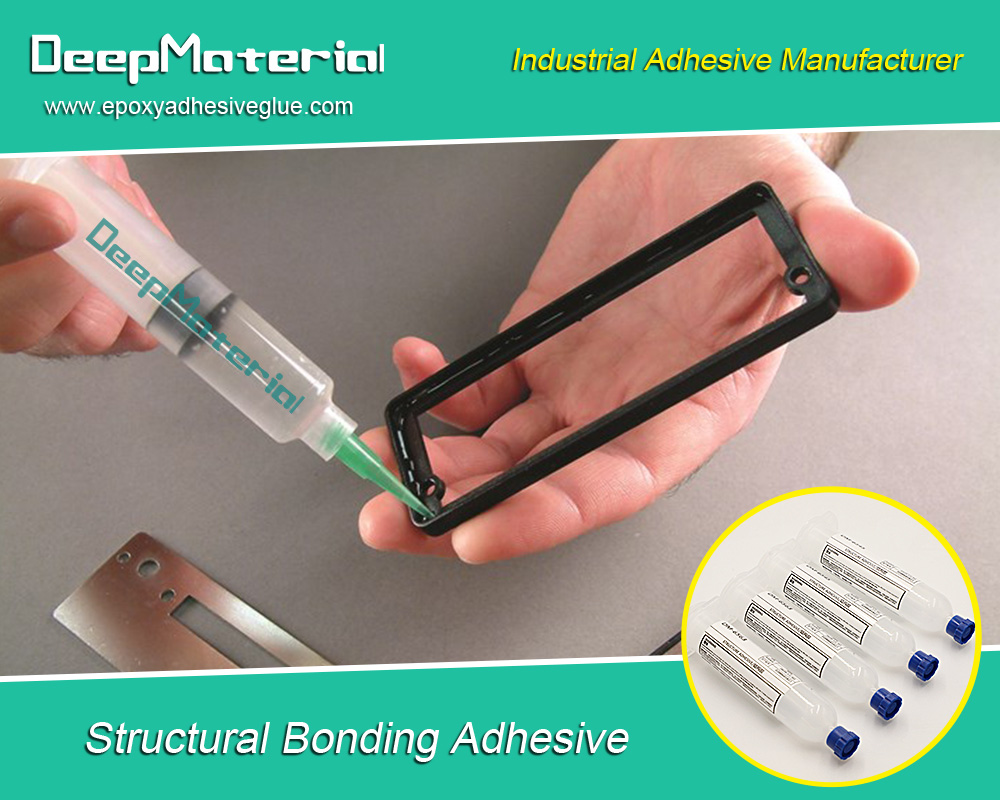 Types of Epoxy Adhesives Produced by Manufacturers
Types of Epoxy Adhesives Produced by Manufacturers
Epoxy adhesive manufacturers produce a broad spectrum of types designed to meet specific bonding needs. These adhesives differ in terms of cure time, strength, flexibility, and compatibility with materials.
One-Component Epoxy Adhesives:
- Convenience:Pre-mixed and ready to use, requiring no additional preparation.
- Applications: Often used in electronics, automotive repairs, and other industries requiring high-performance bonding without mixing.
- Benefits: Simplifies the application process while offering strong and durable bonds.
Two-Component Epoxy Adhesives:
- Versatility:Requires mixing resin and hardener before application, allowing for more cure time and strength customization.
- Applications:It is used in industries such as construction, aerospace, and manufacturing, where high strength and durability are paramount.
- Benefits: Provides more control over curing, which allows for a wide range of industrial applications.
Fast-Curing Epoxy Adhesives:
- Quick Bonding: Designed for applications where immediate or near-instantaneous adhesion is needed.
- Applications: Ideal for emergency repairs, DIY projects, or manufacturing processes requiring quick turnarounds.
- Benefits: Saves time, especially in industrial settings where downtime needs to be minimized.
Flexible Epoxy Adhesives:
- Elastic Bonding:Offers a degree of flexibility while maintaining bonding strength.
- Applications:Commonly used in electronics, construction, and applications where bonded materials experience stress or movement.
- Benefits: Prevents cracking or breaking in joints subject to vibration or movement.
High-Temperature Epoxy Adhesives:
- Heat Resistance: Specially formulated to withstand extreme hot and cold temperatures.
- Applications: Often used in aerospace, automotive, and industrial settings where components are exposed to high heat.
- Benefits: Retains bonding integrity even under extreme environmental conditions.
Factors to Consider When Choosing an Epoxy Adhesive Manufacturer
Selecting the proper epoxy adhesive manufacturer is crucial to ensure the adhesive’s quality, performance, and reliability. Not all manufacturers offer the same level of expertise, quality control, or product range. Here are some factors to consider when choosing an epoxy adhesive manufacturer:
Product Range:
- Ensure that the manufacturer offers a variety of epoxy adhesives tailored to different materials and applications. A broad product range suggests expertise and flexibility in meeting specific needs.
Innovation and R&D:
- Look for manufacturers that strongly emphasize research and development. This indicates that they are investing in new technologies and improvements, ensuring that their products meet evolving industry requirements.
Customization:
- Some manufacturers offer custom epoxy formulations tailored to specific applications. This level of customization can be crucial if you have unique bonding needs.
Certifications and Standards:
- Check if the manufacturer adheres to industry standards such as ISO certifications or is compliant with environmental regulations. It is essential in sectors like aerospace, where product reliability is critical.
Technical Support:
- A reputable manufacturer should offer technical support to assist customers in selecting the right product for their needs. This includes providing detailed specifications, application instructions, and troubleshooting tips.
Sustainability Initiatives:
- Many industries today are focusing on sustainability. If this is a priority for you, consider manufacturers that use eco-friendly production methods, recycled packaging, or products that emit low levels of VOCs (volatile organic compounds).
Critical Applications of Epoxy Adhesives in Various Industries
Epoxy adhesives are indispensable in many industries due to their versatility and performance. Below are some of the major sectors where epoxy adhesives play a critical role:
Aerospace and Aviation:
- Structural bonding: Used for bonding composite materials, metals, and plastics.
- Weight reduction: Epoxy adhesives help reduce weight while maintaining structural integrity, which is critical for aircraft design.
- High-temperature resistance: Ideal for components exposed to extreme temperatures during flight.
Automotive Industry:
- Panel bonding: Provides a strong bond between materials like metal and plastic in vehicle manufacturing.
- Vibration resistance: Flexibility in epoxy adhesives helps absorb shocks and vibrations, improving vehicle durability.
- Heat and chemical resistance: Critical for parts exposed to harsh engine conditions.
Construction:
- Concrete repairs:Epoxy adhesives often fill cracks and bond concrete surfaces.
- Structural bonding: Essential for high-strength applications like bridges and building frameworks.
- Waterproofing:Provides long-lasting waterproof seals for both exterior and interior applications.
Electronics and Electrical Engineering:
- Encapsulation and Potting:Protect sensitive electronic components from moisture, heat, and vibration.
- Circuit Board Bonding: Ensures secure attachment of components to circuit boards while maintaining electrical insulation.
- Heat Dissipation: Specialized epoxy formulations enhance heat transfer away from electronic components.
Marine and Offshore Applications:
- Corrosion resistance: Offers excellent protection against saltwater and other corrosive elements.
- High-strength bonding: Used in constructing and repairing boats, ships, and offshore platforms.
- Durability: Epoxy adhesives maintain their performance even in the harshest marine environments.
Advantages of Epoxy Adhesives Over Other Adhesives
Epoxy adhesives offer several advantages over other bonding materials, making them the preferred choice in many applications:
High Strength:
- Epoxy adhesives form significantly more robust bonds than other adhesives, especially in industrial and structural applications.
Environmental Resistance:
- Epoxy adhesives offer excellent resistance to moisture, chemicals, and extreme temperatures, ensuring long-lasting durability.
Versatility:
- Epoxy adhesives are highly versatile and can bond with various materials, from metals and plastics to wood and ceramics.
Customizable Properties:
- Epoxy adhesives can be tailored to meet specific performance needs, such as varying cure times, strength levels, and flexibility.
Challenges Faced by Epoxy Adhesive Manufacturers
While epoxy adhesive manufacturers produce high-quality products, they face challenges in an ever-evolving market. Some of the key challenges include:
Raw Material Costs:
- The cost of sourcing high-quality raw materials can fluctuate, impacting production costs.
Environmental Regulations:
- Manufacturers must constantly adapt to new environmental regulations, such as reducing VOC emissions or developing eco-friendly formulations.
Competition:
- The adhesive market is highly competitive, with many players offering similar products. Manufacturers must continually innovate to stand out.
Technological Advances:
- As industries adopt new materials and technologies, epoxy manufacturers must adapt their formulations to ensure compatibility and optimal performance.
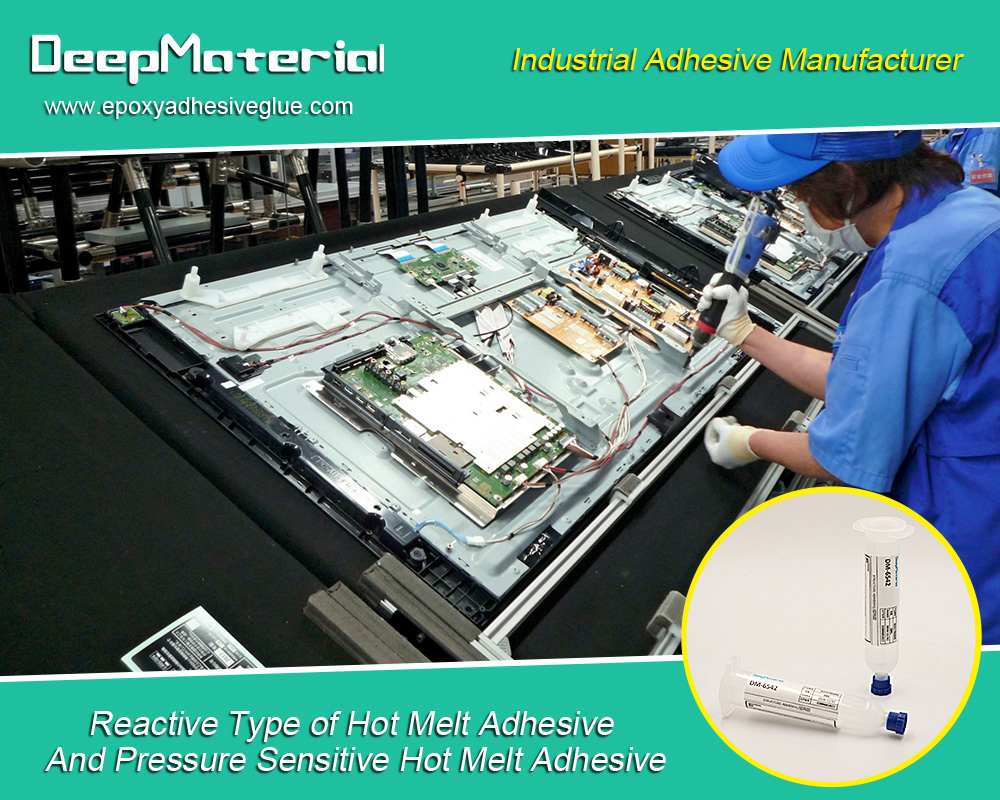
Conclusion
Epoxy adhesive manufacturers are crucial in providing bonding solutions across various industries. From developing advanced formulations to stringent quality control processes, these manufacturers ensure that their adhesives meet the demanding requirements of industrial, commercial, and consumer applications. As technology and sustainability evolve, epoxy adhesive manufacturers will continue innovating, providing more vital, durable, eco-friendly adhesives. Whether in aerospace, construction, or electronics, epoxy adhesives remain indispensable in modern manufacturing and repair.
For more about choosing the ultimate guide to epoxy adhesive manufacturers: a comprehensive overview, you can pay a visit to DeepMaterial at https://www.epoxyadhesiveglue.com/category/epoxy-adhesives-glue/ for more info.


